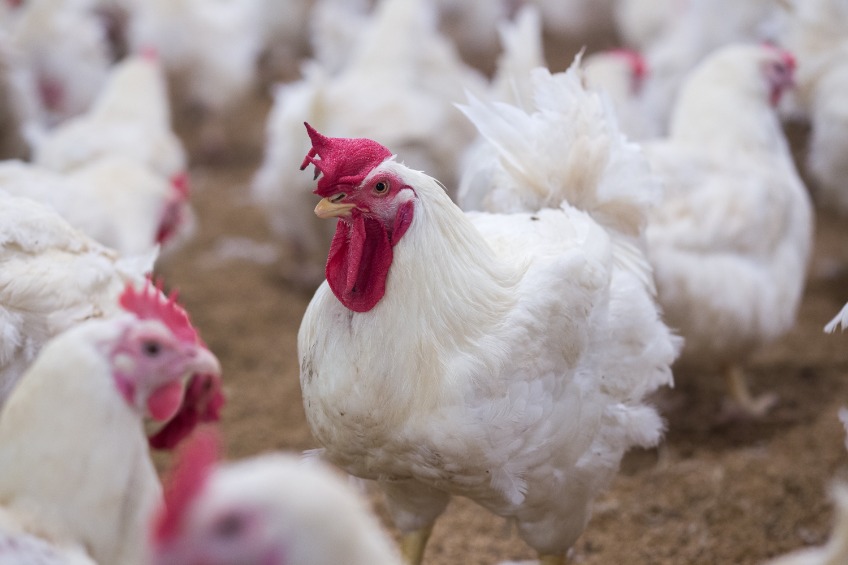
Caution should be made when considering gene editing technology as a potential solution for the current avian influenza crisis, an organic body has warned.
The call follows research into breeding flu-resistant chickens, published by the Roslin Institute, Imperial College London, and Pirbright Institute.
Gene-editing techniques were used in lab-grown cells to remove a section of DNA responsible for producing a molecule that flu viruses use to replicate themselves.
But Organic Farmers & Growers (OF&G) said the promotion of gene editing as a solution to AI was a 'worrying development'.
OF&G, which certifies over 30% of the UK organic sector, said it instead supported alternative measures to resolve the issue of bird flu, such as vaccination.
“The pro-GE lobby is dangling a toxic carrot to the poultry sector - the promise of precision bred organisms is simply not a reality at present,” said Roger Kerr, chief executive.
“The recent headlines reporting on the Roslin Institute research are hugely concerning, they present GE as the holy grail that will save us from all ills when it comes to food, farming and health. That is simply not the case.”
OF&G said the research findings were in stark contrast to a recent Swedish study which found that use of the CRISPR/Cas9, the technique used in gene editing, caused unpredictable genomic changes.
The organic body explained that this was hugely conflicting evidence as to the effectiveness of precision-bred organisms.
Mr Kerr explained: “When you look at the Swedish research from Karolinska Institute, it shows that instead of slowing down cancer growth the gene editing process sped up the cell growth. This technology is not actually that precise after all.”
He said that gene editing would take many years to develop, adding that the technique "flies in the face of consumer interests, who remain strongly resistant to the introduction of this unproven technology."
“Medical science is capable of producing effective vaccines very quickly – Covid-19 is proof of this," Mr Kerr said.
“In light of huge financial losses suffered by poultry producers, as well as the confinement of free-range birds – including organic – OF&G believes the focus must be on finding a reliable solution."
One of the UK's leading turkey producers has also called for a bird flu vaccine to be fast tracked to help combat the growing threat of the disease.
The call was part of a strategy set out by Paul Kelly, managing director of Kelly Turkey Farms in Essex, in order to "save the future of free range Christmas turkeys".
Over 500,000 free range turkeys have been affected by the UK's bird flu crisis through infection or culling, with many farmers who supply this market reluctant to risk losing a flock next year.
